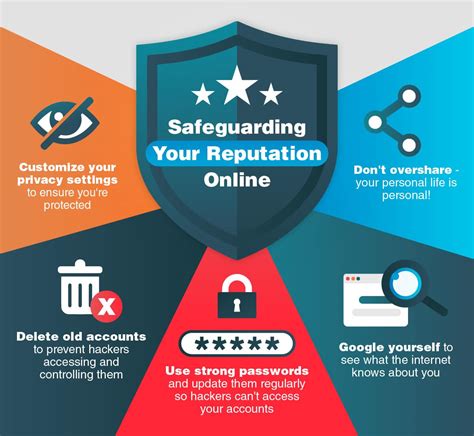Safeguarding Your Personal Information During Crypto Withdrawals
The world of cryptocurrency has gained significant traction in recent years, with millions of people around the globe investing their hard-earned money into digital currencies. However, as with any investment, there are risks involved, and one of the most significant threats to your financial security is losing control over your personal information.
In this article, we will discuss how to safeguard your personal information during crypto withdrawals and protect yourself from potential threats.
What Can Go Wrong
When you make a crypto withdrawal, several things can go wrong that could put your sensitive information at risk. Here are some of the most common culprits:
- Weak Passwords: Using weak passwords on online platforms can be an easy way for hackers to gain access to your account and steal your personal data.
- Phishing Scams

: Scammers use phishing emails, messages, or calls to trick victims into revealing their login credentials or other sensitive information.
- Man-in-the-Middle (MitM) Attacks: Hackers can intercept your internet traffic by using a MitM attack, which can lead to the theft of sensitive data like passwords and credit card numbers.
- Insider Threats: Authorized personnel with access to your account can potentially steal your information or compromise your security.
Protecting Your Personal Information
To safeguard your personal information during crypto withdrawals, follow these best practices:
- Use Strong Passwords: Create strong passwords for all online platforms and accounts. This will make it harder for hackers to gain unauthorized access.
- Enable Two-Factor Authentication (2FA): Enable 2FA whenever possible to add an extra layer of security to your account.
- Verify Your Identity: Verify your identity before making a crypto withdrawal by answering security questions or using biometric authentication.
- Use a Secure Wallet: Consider using a secure wallet like MetaMask, which offers end-to-end encryption and multi-factor authentication.
- Monitor Your Accounts: Regularly monitor your accounts for suspicious activity, such as unauthorized login attempts or unexpected transactions.
Additional Measures
In addition to following these best practices, there are several additional measures you can take to protect your personal information:
- Use a VPN: Use a virtual private network (VPN) when accessing online platforms to encrypt your internet traffic.
- Keep Your Device and Software Up-to-Date: Regularly update your device’s operating system and software to ensure you have the latest security patches.
- Be Cautious with Emails and Messages: Be careful when opening emails or messages from unknown senders, as they may contain phishing scams.
- Use a Secure Browser: Use a secure browser like Tor or Brave, which offers enhanced anonymity and security features.
Conclusion
Safeguarding your personal information during crypto withdrawals requires vigilance and caution. By following best practices such as using strong passwords, enabling 2FA, verifying identities, and monitoring accounts regularly, you can significantly reduce the risk of losing control over your sensitive data. Additionally, taking extra measures like using a VPN, keeping device and software up-to-date, being cautious with emails and messages, and using secure browsers can further protect yourself from potential threats.
By prioritizing your personal information and adopting these best practices, you can enjoy a safer and more secure experience when making crypto withdrawals.
